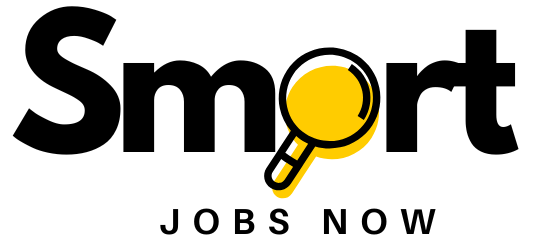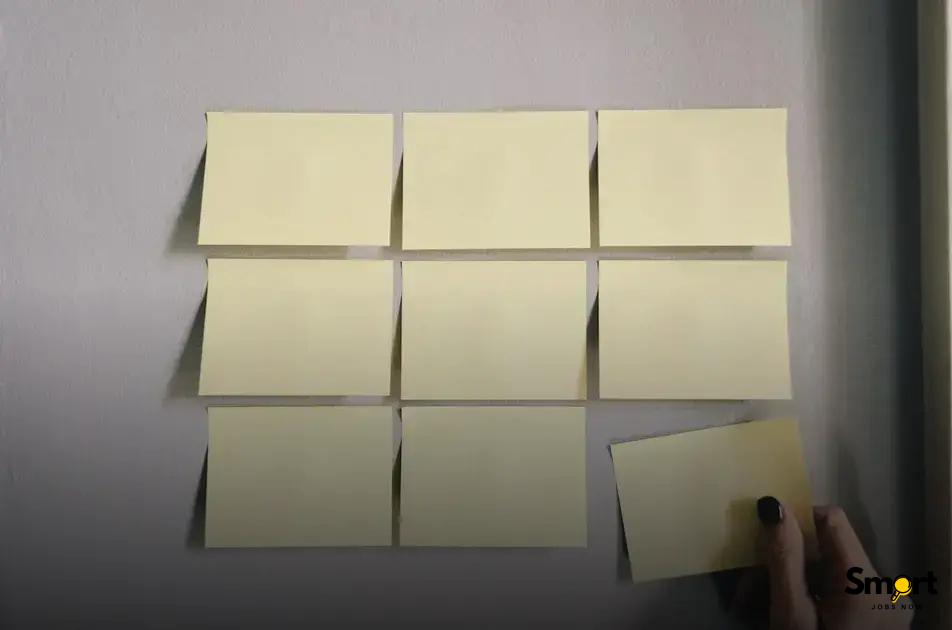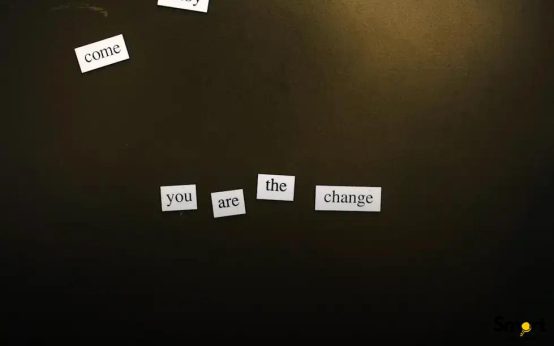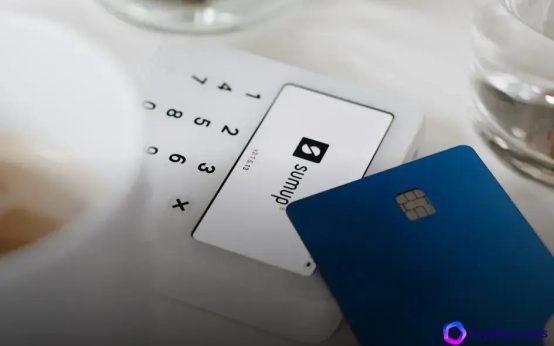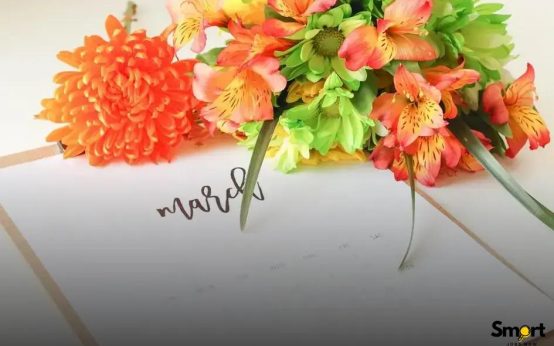Learning how to nail a job interview is crucial in today’s competitive job market. Making a strong first impression and showcasing your skills effectively can significantly enhance your chances of landing your dream job. In this guide, we’ll explore essential strategies, common pitfalls to avoid, and effective follow-up practices. Whether you’re a seasoned professional or new to the workforce, these tips will help position you for success.
Mastering the Art of First Impressions
The way you present yourself during a job interview can significantly impact the hiring decision. First impressions are often formed within the first few seconds of meeting someone new. It’s crucial to create a positive and lasting impression from the moment you enter the room.
Dress Appropriately: Wearing the right attire is essential. Research the company’s culture ahead of time. For most interviews, a professional outfit is recommended, as it conveys that you respect both the interviewer and the opportunity.
Pay attention to your body language. Standing tall, offering a firm handshake, and maintaining eye contact can convey confidence and professionalism. Smile genuinely to show enthusiasm and friendliness.
Arriving on time is equally important. It demonstrates reliability and respect for the interviewer’s schedule. Plan your route in advance and leave extra time to account for any unforeseen delays.
Prepare a Strong Introduction: Be ready to introduce yourself succinctly and confidently. Your introduction should highlight your strengths and relate directly to the job position.
Listening plays a significant role, too. Listen carefully to the interviewer’s questions or statements before responding. It shows that you value their input and are genuinely interested in the conversation.
Mastering the art of first impressions in a job interview setting involves a combination of appearance, behavior, and communication. All these elements work together to help you stand out positively in the eyes of the employer.
Key Skills Employers Are Looking For
Employers are always in search of candidates who possess a blend of technical skills and soft skills that contribute to the success of the team and the company. Understanding what skills employers prioritize can give you a competitive edge in your job search.
Communication Skills are crucial in almost every job. Employers want employees who can convey their thoughts clearly and listen effectively. This skill helps foster understanding and collaboration among team members.
Another key skill is problem-solving. Companies value employees who can approach challenges logically and come up with creative solutions. Demonstrating your ability to tackle problems during an interview can significantly boost your candidacy.
Employers also look for adaptability and flexibility. In today’s fast-paced work environment, being able to adapt to changing circumstances and learn new skills quickly is highly valuable.
Teamwork is essential in most roles, as working collaboratively often leads to better outcomes. Companies seek individuals who can function well within a team, contributing ideas and supporting others.
Finally, employers appreciate candidates with strong work ethic. They are looking for individuals who are dedicated, reliable, and willing to put in the effort to achieve goals. Showcasing examples of your commitment and achievements can set you apart from other candidates.
Common Interview Mistakes to Avoid
Avoiding common interview mistakes is crucial for making a positive impression on your potential employers. One significant pitfall is showing up unprepared. Thoroughly research the company, understand its values, and be ready to discuss how your skills align with their needs.
Another frequent error is overconfidence or arrogance. While it’s important to showcase your strengths, humility and a willingness to learn are equally valued. Be confident, but let your achievements speak for themselves without bragging.
Many candidates struggle with clarity in their responses. Practice clear and concise communication. Avoid long-winded answers that can confuse the interviewer. Instead, structure your responses using the STAR method (Situation, Task, Action, Result) for clarity.
Ineffectively handling questions about weaknesses is another trap. Be honest but strategic. Frame a weakness in a way that shows you’re aware of it and taking steps to improve. This demonstrates growth and self-awareness.
Non-verbal cues like body language should not be overlooked. Maintain eye contact, offer a firm handshake, and sit up straight. These actions convey confidence and interest. Also, be attentive and listen actively to the interviewer.
Failing to ask insightful questions at the end of the interview is a missed opportunity. Prepare questions that show your interest in the role and the company. This is your chance to assess if the company is the right fit for you as well.
How to Follow Up After an Interview
Following up after an interview is a key step in leaving a lasting impression and standing out among other candidates. It shows sincerity and enthusiasm for the position and can help you stay top of mind with the hiring team.
- Send a Thank-You Email: Within 24 hours of your interview, always send a thank-you email. Express gratitude for the opportunity to interview and remind them briefly why you’re a strong candidate for the role.
- Personalize Your Message: Mention specific topics that were discussed during the interview. This demonstrates that you were actively engaged in the conversation and have a genuine interest in the company.
- Reiterate Your Interest: Clarify your interest in joining the team and why you believe you fit well with the company culture.
- Be Concise: Keep your follow-up message concise and to the point. Use clear language and don’t go overboard with too many details.
- Inquire Politely About the Next Steps: If it wasn’t covered in the interview, it’s acceptable to ask about the next steps in the hiring process, but do so politely.
- Follow Up Again if Necessary: If you don’t receive a response within the expected timeline, it’s okay to politely reach out again after a reasonable period, such as a week or two.
- Respect Their Time: Avoid being too persistent, as it may come off as desperate or bothersome.
Effectively following up can reinforce your interest and professionalism, potentially setting you apart from other candidates vying for the same position.
